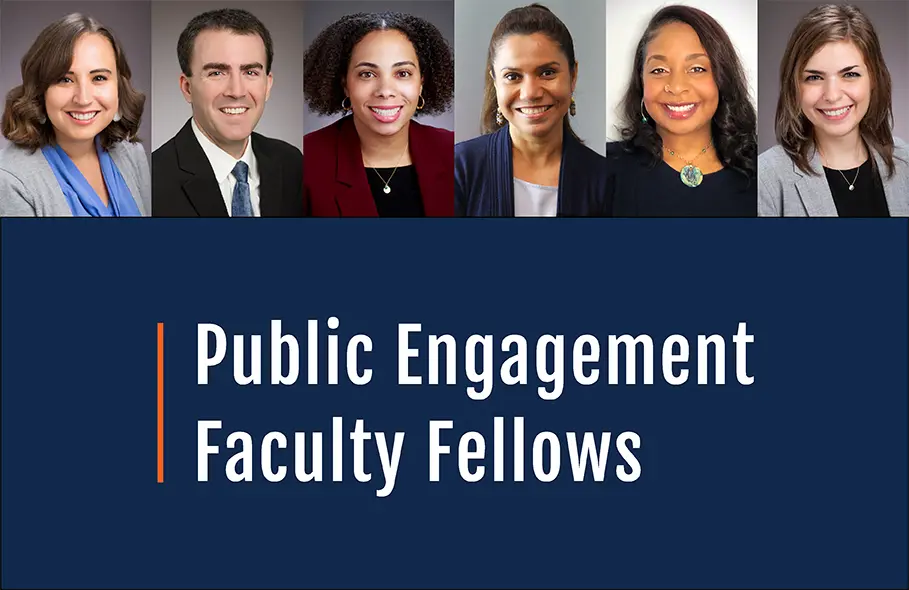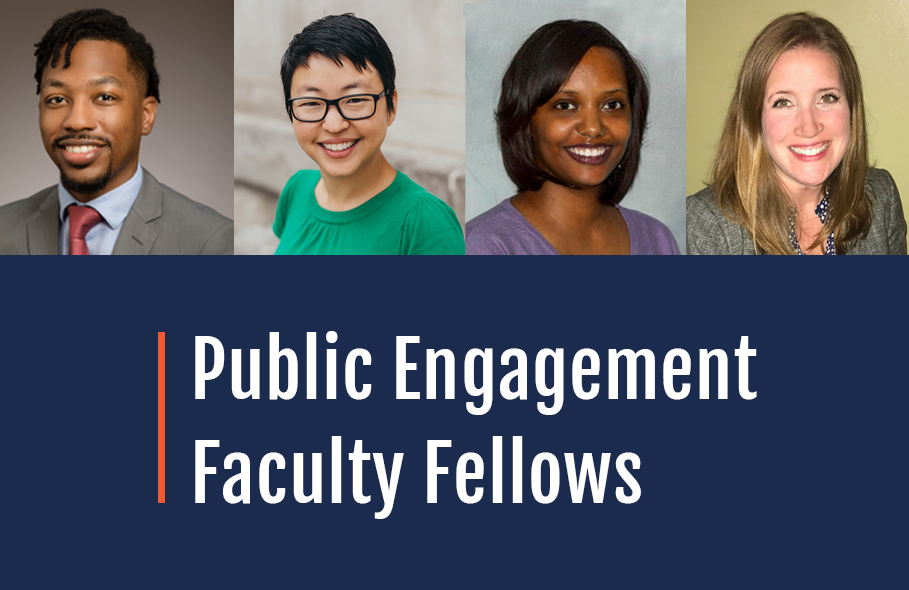Timely Research by College of Education Enhanced Through Public Engagement
by Tom Hanlon / Aug 23, 2023
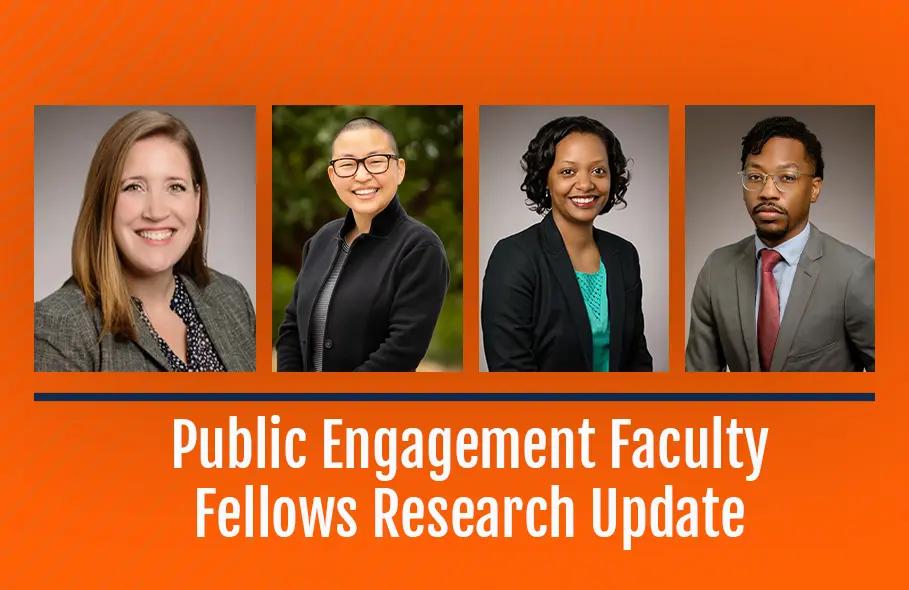
The College of Education's first cohort of Public Engagement Faculty Fellows makes impressive progress on their projects as they recently completed their one-year stint as faculty fellows.
Samantha Lindgren, Erica Mason, Cherie Avent, and Jarrett Lewis each received $6,500 in funding from the College of Education as part of a program to further infuse public engagement into the research and teaching of the College.
"It was a joy to collaborate with the first cohort of public engagement fellows," says Emily Stone, director of Public Engagement for the College. "Erica, Jarrett, Sam, and Cherie worked thoughtfully on their public engagement projects with local and statewide community partners and contributed to projects at the College level." Those projects included, she says, a "summary of expectations" template for working with a new community partner, tips for submitting an IRB (Institutional Review Board) proposal for community-engaged research, options for compensating community partners, and work on a College-wide strategic plan for public engagement.
Though their stint as a Public Engagement Faculty Fellow has ended, all four continue the work that the fellowship aided this past academic year. Following is a brief update on their projects (and here's what the second cohort of Public Engagement Faculty Fellows is working on).
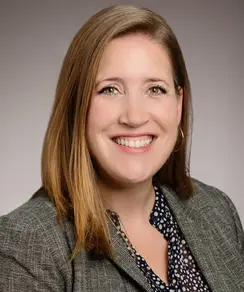
SAMANTHA LINDGREN
Assistant professor, Education Policy, Organization and Leadership
Working with the Environmental Education Association of Illinois and the director of an Illinois nature center, Lindgren co-developed and distributed a needs assessment to all nonformal environmental and sustainability education (ESE) providers (e.g., nature centers, museums, forest preserves) across the state.
"Through the survey, we learned that many organizations lost funding due to the pandemic or have seen declines in their audiences," Lindgren says. "About 90 percent of organizations stated that their current audiences and visitors do not match the demographics of the communities in which they work, and about 75 percent requested professional development around broadening and diversifying their audiences."
All organizations surveyed were invited to the Sustainability Education Collective Conference Series, which Lindgren co-organized. The summer series includes three conferences that explore the link between the climate crisis and institutional racism and how education connects local issues to global environmental sustainability.
"This project has allowed my partners and me to appreciate the quality and depth of programming and activities offered by nonformal ESE providers across the state," Lindgren says. "At the same time, this survey confirmed what I already knew—that access to these organizations is uneven and that urban and communities of color have fewer opportunities to engage with ESE programming. These organizations are critical to developing climate literacy across multiple scales and connecting people to the places that they are from."
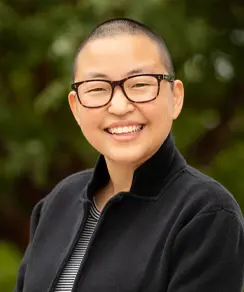
ERICA MASON
Assistant professor, Special Education
Mason has been partnering with a local middle school, co-designing a multiyear research project that reimagines mathematics intervention. "This work is important for teachers because they drive the reimagination process and, along the way, have the opportunity to broaden their notion of who can be considered mathematically capable," Mason says. "Many students, including students with disabilities, have been excluded from opportunities that foreground mathematical conceptual understanding. This project has the potential to re-center intervention around the necessary conceptual foundations that promote students' mathematical thinking and reasoning."
The first year of the study focused on understanding the school's current state of math intervention. "We conducted classroom observations, interviewed teachers from those observations, and are analyzing data this summer," Mason notes. "We've established professional trust and meaningfully involved practitioners in this work."
She says that her time as a Public Engagement Faculty Fellow afforded her access to College- and campus-wide conversations about what it means to conduct publicly-engaged research. "The College is at the forefront of articulating why this type of research is valuable and has demonstrated its commitment to supporting faculty in using public engagement as a tool for inquiry," Mason adds.
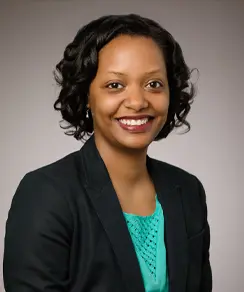
CHERIE AVENT
Assistant professor, Educational Psychology
Avent has been overseeing a collaboration between The Church of the Living God and the College's Educational Psychology Department and Public Engagement Office to address COVID-19 health disparities in the local African American faith-based community.
"As we know, African American communities were, and remain, disproportionately impacted by COVID-19," Avent says. "A promising strategy for reducing health disparities in African American communities is collaboration with leaders of African American faith-based communities. Since the early stages of the pandemic, local pastors have been dedicated to combatting these healthcare inequities and barriers relating to COVID-19 through public health education and services."
The project, she says, has the overarching goal of understanding COVID-19 experiences and better supporting the health of the community.
"We are creating and disseminating podcasts where adults can share their COVID-19 experiences about impacts on the church, the job, their well-being, and community celebrations. Additionally, we are facilitating opportunities for youth to share their experiences during the pandemic through various forms of art," Avent notes.
She says that the project has reinforced the importance of working from culturally responsive and equitable evaluation frameworks that prioritize learning and improvement and centering the community's values and interests.
"Our project set out to establish community-driven interventions or projects," Avent says. "For those of us on the university team, it's been important to establish a mutually trusting and respectful relationship with our community partner; this takes time. Our collaboration recognizes the leadership and wisdom of African American pastors and faith-based organizations as an underappreciated source of expertise in understanding how to communicate with minoritized communities about COVID-19 issues and how to address these disparities that are acutely experienced and historically rooted."
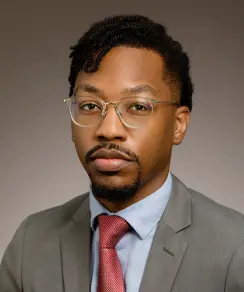
JARRETT LEWIS
Assistant professor, Educational Psychology
Lewis has led a collaboration between Champaign Unit 4 School District administrators and mental health practitioners, the College of Education's Counseling Psychology program, the Department of Psychology's Clinical-Community Psychology program, and School of Social Work faculty to address mental health disparities faced by Black middle school youth.
"We are continuing to partner with local schools to develop a mental intervention for middle school Black youth affected by racial and violent trauma," Lewis says. "Although our project is a bit behind schedule, we have acquired additional funding to continue our efforts, and we are currently finalizing an eight-week curriculum that will be implemented in a middle school later this year. Counseling Psychology Ph.D. students Whitney Clarke and Ravon Pittman have also been assisting school counselors and providing clinical mental health support in the schools since the spring semester."
Last academic year, Lewis and his team conducted a parent psychoeducation seminar on the adverse effects of trauma (specifically, violence and racism) on mental health. After the seminar, they collected information from parents about their children's current mental health needs. "We have used that information collected from parents to inform the development of the mental health intervention," he says.
Lewis's work has helped to connect Unit 4 District leaders, school administrators, and school-based mental health professionals to develop an ongoing partnership to continue to support the mental health of Unit 4 students.
"I'm hopeful this will be a foundational project for many future collaborative efforts to address mental health disparities in Unit 4 schools," Lewis says.
